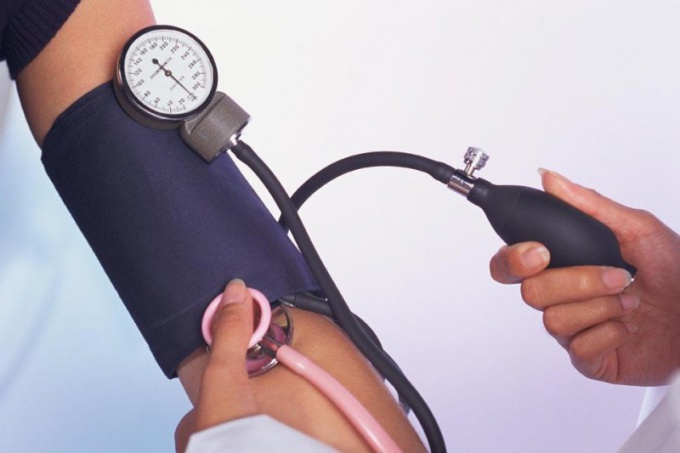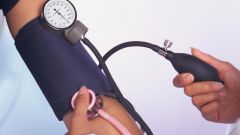The systolic or top blood pressure indicates the force with which is a contraction of the heart and ejection of blood enriched with oxygen in the vessels. Diastolic or lower pressure is a measure of the pressure in the arteries during relaxation of the heart muscle. Capillary and venous pressure is almost independent of the phase of the cycle.
Pressure is needed to maintain the heart, blood vessels, and blood supply of all organs, without it can not work heart, the person will not be able to resist the atmospheric pressure, without pressure the blood life is impossible.
Pressure may not be consistently the same results. If one is engaged in physical labor or sports, then AD can be increased. In a relaxed state metrics can be greatly reduced.
The most reliable results can be obtained after a 30 minute rest. If the pressure measured immediately after exercise, mental stress, emotional stress, after taking strong coffee, alcoholic beverages or a hearty lunch, the systolic and diastolic pressure will show inadequate results.
Pulse pressure is a measure of the density of the arteries and is determined by the difference of systolic and diastolic blood pressure. Big difference in performance may indicate that arteries are inelastic and rigid, which often leads to heart attacks and strokes.
Normal is considered to be HELL 120/80, optimal is 110/ 70, but the figures are indicative only and may not reflect the state of the circulatory system of each patient, as the pressure level depends on the individual, and changing, adapting to the atmospheric pressure during the day. If a man will not pressure in the circulatory system, the atmosphere its just a crush.
Meteosensitivity – it is an indication that the vegetative system does not have time to adapt to the change of atmospheric pressure. If it is changing, and the vessels, instead of extending the taper, the person suffers severe headaches in rainy weather. In Sunny and clear weather vessels instead of narrow, too expand, this leads to fainting.
Most often weather-sensitive older people suffer, when the arteries have lost elasticity, become stiff and do not have time to adjust to atmospheric pressure. Excess cholesterol in the bloodstream also leads to negative consequences. Arteries and vessels are small gaps due to the presence of plaque, which leads not only to weather sensitivity, but to failures in the work of the heart.


